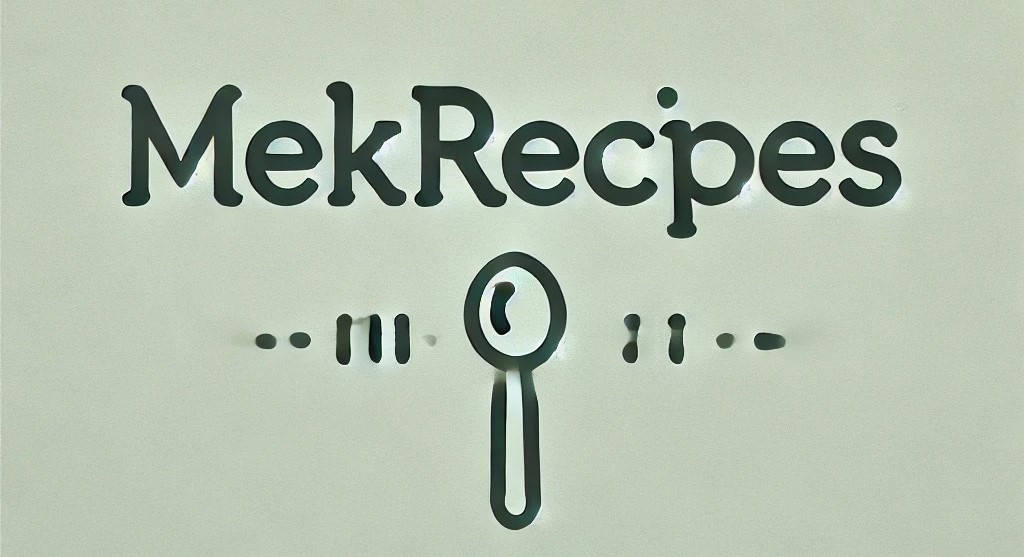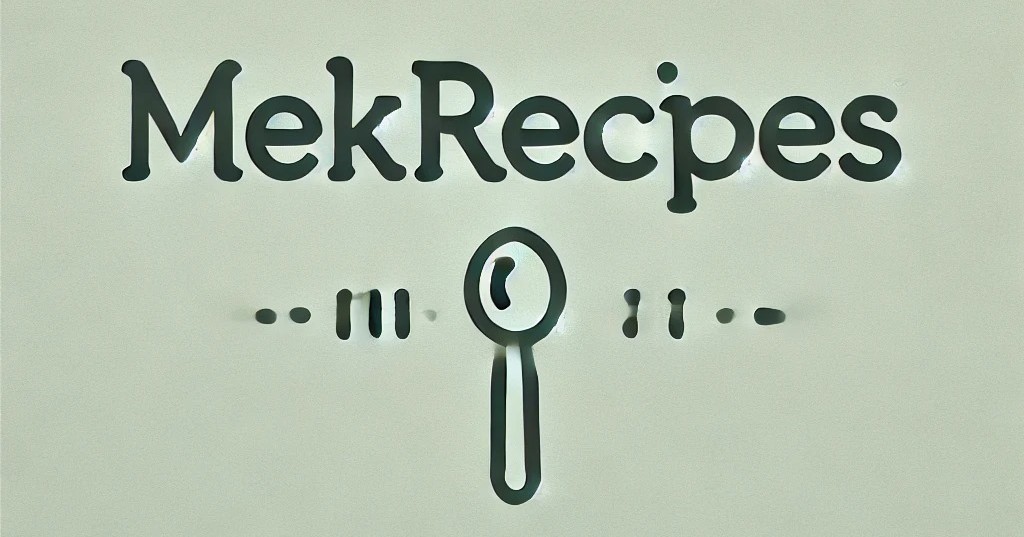On prime of hours of ingredient prep, mixing cocktails, counting suggestions, and shutting tabs, bartendending requires numerous verbal interactions day-after-day. And one buyer request that comes up greater than others is for “a drink that’s not too candy.”
In all equity, the trauma that comes with getting burned by a very candy drink could be long-lasting. Maybe a dive bar Marg with an egregious dollop of store-bought sweet-and-sour combine resulted within the headache of a lifetime. Possibly an Espresso Martini riff regarded good on paper, however wound up being a cavity in a cup that made the evening go sideways. Or in excessive instances, there’s an opportunity some people wrote off cocktails bars for many years after residing via the period of Harvey Wallbangers and Tequila Sunrises. Regardless of the case could also be, no one likes a cocktail that’s overly saccharine or cloying.
On the similar time, bartenders by no means goal to make cocktails which are “too” something. The aim is all the time reaching stability, even when that equates to balanced sweetness or bitterness. Subsequently, asking a bartender for a drink that’s not too candy may come throughout as a roundabout approach of asking, “Are you able to please do your job effectively?” In fact, few clients could be so impolite to truly ask that query, and virtually all bartenders perceive that their clientele actually simply desire a drink that they’re going to love no matter how requests are worded.
Do not Miss A Drop
Get the newest in beer, wine, and cocktail tradition despatched straight to your inbox.
To learn the way to navigate the dialog with out reverting to the performed out, considerably arbitrary name for a drink that’s “not too candy,” we chatted with Alec Kossoff, bartender at NYC’s Monkey Thief.
Quantifying Sweetness
“I, like different bartenders, have a whole lot of delight within the work that I do,” Kossoff says. “And when anyone warns me about one thing earlier than I even make them a drink, I can have a unfavourable response to that, however that’s to not say that I’m discounting what the visitor is asking for.”
When a buyer asks for a cocktail that’s “not too candy,” it would give the particular person behind the stick some semblance of what they need, however it usually will simply result in extra questions.
“Sweetness isn’t a linear factor,” Kossoff says. “I may ask you what you assume candy is and you could possibly say sweet. After which I may ask another person the identical factor they usually may say pineapple. I believe that almost all company are effectively intentioned, however they only don’t know tips on how to talk what they’re truly attempting to say.”
It’s additionally vital to notice that whereas stability is all the time the aim in cocktail creation, some drinks are inherently sweeter than others. For instance, Monkey Thief has a drink on its menu known as Tea Service made with shochu, coconut rum, matcha, mint, pandan, and lavender foam. For all intents and functions, it’s a dessert cocktail, however based on Kossoff, hours of each day prep go into ensuring it’s balanced. Consider it like making an excellent pastry or chocolate bar. It’s all about nuance.
How Bars Can Curb the Request
Though some company wrestle with articulating what they need, bars don’t all the time do themselves — or their company — any favors by making their menus robust to know.
“I can let you know that there’s St-Germain in a drink, or I can let you know that there’s elderflower in it. I can put Sfumato Rabarbaro on a drink menu, or I can put rhubarb,” Kossoff says. “For those who do arcane issues and put arcane issues in your drink menu, you then’re going to must cope with company who actually don’t perceive what you’re doing.”
In brief, the extra questions answered on the menu, the less questions bartenders should cope with.
“One of many issues I bought taught once I was simply beginning to bartend was that it requires a whole lot of belief,” Kossoff says. “Cheap skepticism is all the time welcome, however the visitor has to place a whole lot of religion in you to make them a drink that they’re gonna like.”
The identical rule applies to high-quality eating. No wise particular person would go right into a Michelin-starred restaurant and ask for a dish that’s not too salty. There needs to be a degree of understanding that, at world-class institutions, the visitor is in good palms. And on the finish of the day, most bartenders merely need their company to have an excellent time, really feel comfy, and revel in no matter drink they order.
“There’s nothing worse as a bartender than seeing anyone get a drink, make a bizarre face, put it down, and never have one other sip,” Kossoff says. “For those who don’t like your drink, I’m all the time blissful to make you a brand new one.”



